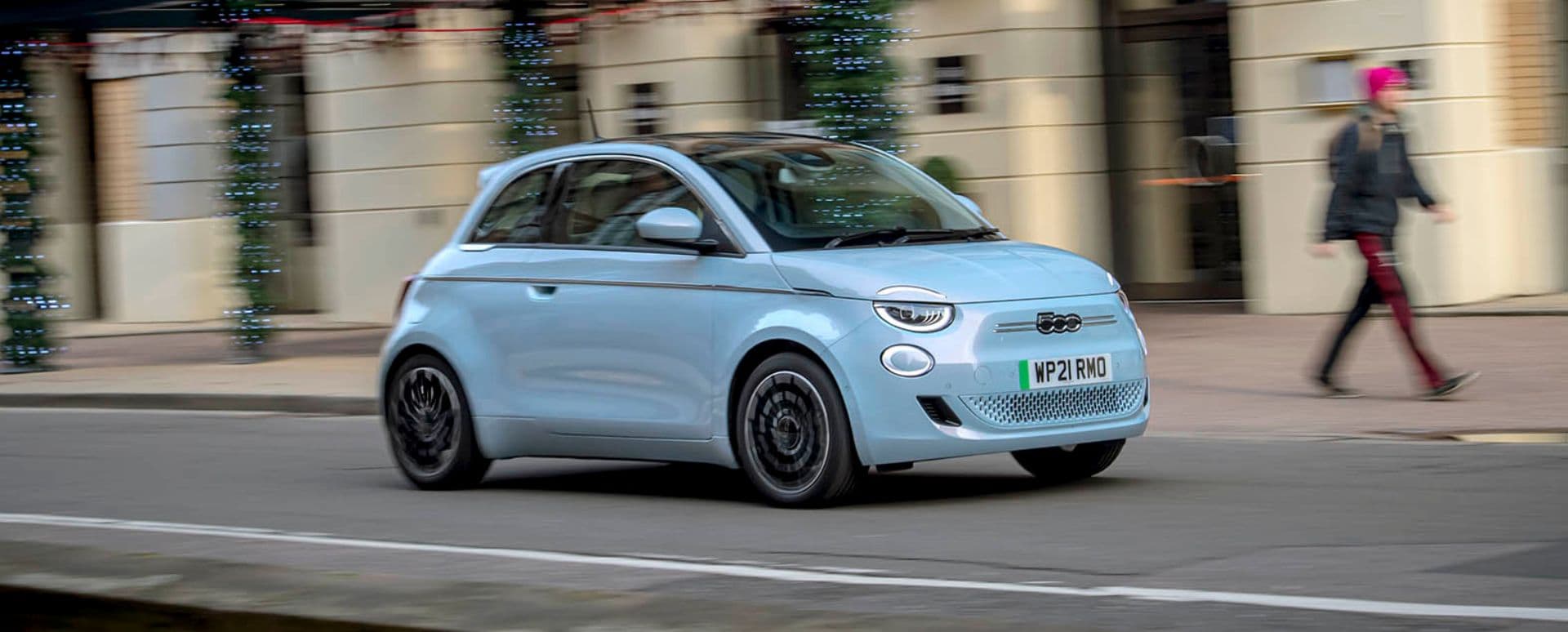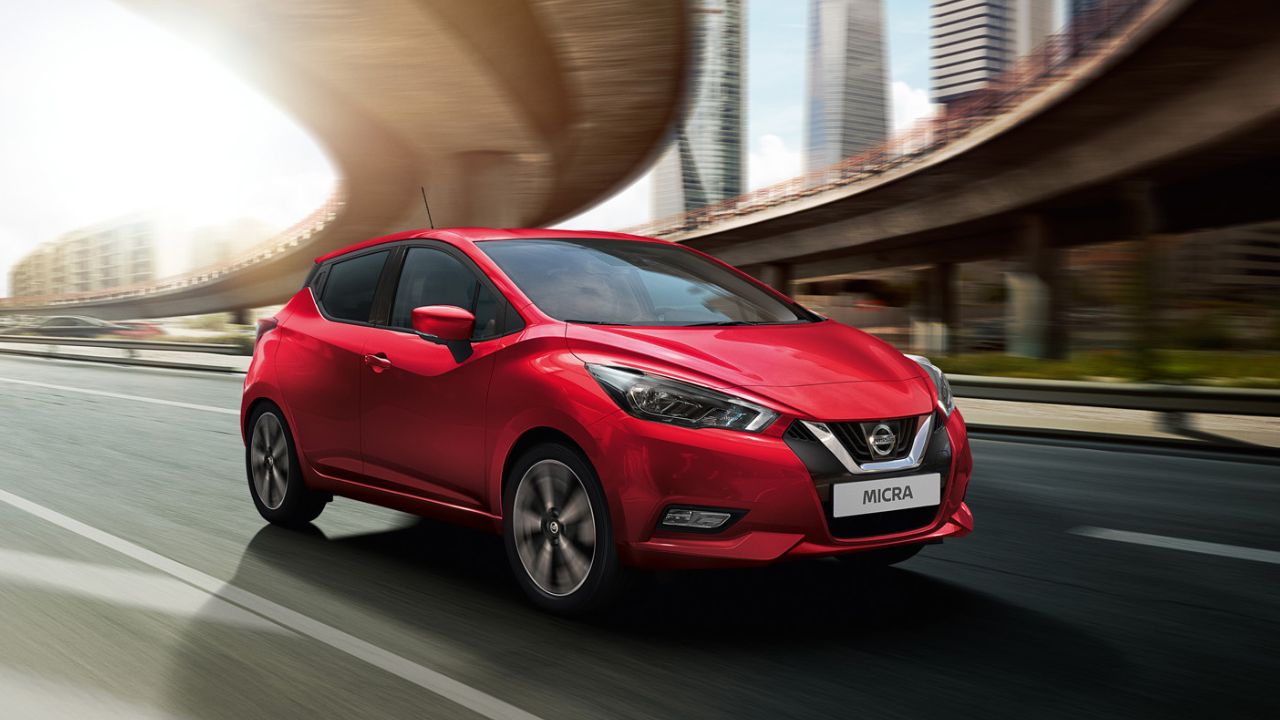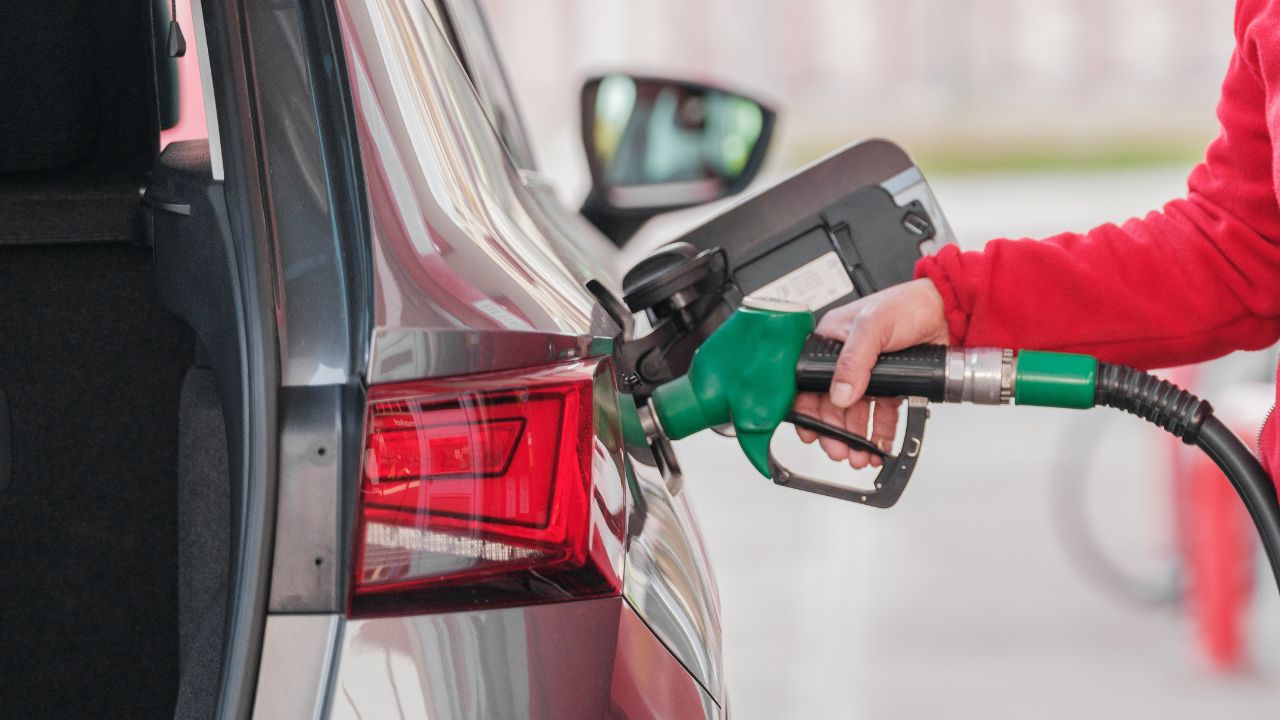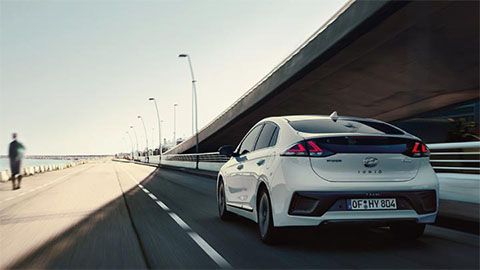Advice from the experts
Buying your first vehicle can be an exciting and daunting experience at the same time. Even though most people focus on features such as colour, amenities and entertainment when looking for a vehicle, there are many other items you should pay attention to before making a commitment.
This guide explores the steps you should take before buying your first vehicle, as well as provide advice on what you should check before finalising the purchase.
Contents
- Setting a Budget
- Advantages of learning to drive in small and large cars
- Fuel Economy
- Car Insurance
- Taxing your first car
- Take it for a test drive
Setting a Budget
The first step you should take before purchasing a car is doing the proper maths to set a budget of what you can afford. Besides taking into account the value of the vehicle you'll be buying, you should consider how much you'll be spending on fuel, maintenance, insurance and road tax (Vehicle Excise Duty).
Figuring out the expenses that come with owning a car will help avoid financial troubles in the future.
Advantages of learning to drive in small and large cars
Some say, it's better you start off in a small car. The advantage of driving a small car is that they're usually easier to handle than some of their larger counterparts, although with power assisted steering these days, that is not always the case.
Many new drivers do find that the distance from the windscreen to the end of the bonnet, or even the distance from the driver's seat to the rear bumper in a large car, make them more difficult to park. The advantage of learning in a larger car, is that you will become familiar with that size of vehicle. Many drivers who learn in a small car are afraid to move up a size or two, and the choice of car they own or hire in the future is restricted.
Fuel Economy
If you're going to spend a lot of time in your car learning to drive, it needs to not only be comfortable and manoeuvrable, but also economical to run.
Given that most learner drivers learn within the confines of an urban environment, there'll be a lot of stopping and starting required, hence more fuel used. A smaller car is usually more fuel efficient (less weight to lug around and more fuel efficient engines) so that will save you money throughout the cost of ownership.
Before committing to a specific model, you should research how many miles per gallon (mpg) the car you're considering purchasing can make. This way, you'll be able to budget for the fuel you're going to need.
Car Insurance
Insurance is an important aspect of any vehicle and if you're learning to drive it should be noted that your insurance will automatically be higher than that of a fully qualified driver.
In addition, the size and type of vehicle you have will also have a bearing on the insurance premiums, as will the location at which the vehicle is kept and whether the vehicle has an alarm system or not.
When buying your car, it's normally a given that as a learner driver, your car will be a used car. It's worth researching which insurance groups the car falls under and if the vehicle comes fitted with an anti-theft device. Most insurance companies have a comprehensive list of the anti-theft devices fitted to most cars and can tell you how much you will save if your car has one fitted.
You can use one of many car insurance calculators available online to have an idea of how much you'll be spending on car insurance based on your age, and how long you've had your licence, among other criteria.
Taxing your first car
It's important to take into account how much additional money you'll need to spend once you have purchased your car, and the cost of insurance and road tax are essentials.
Road Tax is based upon the car engine's CO2 emissions, so the higher the CO2 emissions, the more you will have to pay. You can purchase a valid tax disc to last either six months or one year.
Vehicle Excise Duty starts from £0 and increases to over £400, no one wants to be hit with a high road tax bill every year, so do your homework before you buy. If the vehicle has been off the road prior to you purchasing it, a Statutory Off-Road Notice, known as a SORN, may have been issued.
You'll need to ensure that the vehicle's registration document (V5) is up-to-date and that it's taxed and insured before you take it out on the road. If you're going to learn in the car you're buying, it's best to avoid cars which may be classed as 'sporty'; there are three reasons for this:
- A moderate to high performance vehicle will typically attract a higher insurance premium
- There's an increased chance of it being stolen
- You may be tempted to drive faster in a high performance car, and statistics show that inexperienced drivers are more prone to accidents caused by speed
Take it for a test drive
This is an important step to get to know the vehicle you're potentially buying. When you arrange a test drive appointment, take your time. There's no reason to rush. Adjust your seat and mirrors the same way you'd do in a car you were going to drive for a longer period of time.
Make sure you're test-driving a vehicle that hasn't had its engine warmed up. Warm engines could hide problems, and naturally you want to ensure you're buying a car that doesn't throw up a repair bill shortly after purchase.
When driving, press all the buttons available. Turn on the radio, air-con, infotainment system; make sure all the features are working as they should.
Find your first car with Evans Halshaw
The process of purchasing your first car can be exciting and daunting at the same time.
Having a friend with a knowledge of motor vehicles, or a family member with you, when looking for the best fit for your needs can make you feel safe, and remind you to check everything you need before making a commitment.
If you're looking for more tips on buying cars, or if you'd like to keep up to date with the latest advice, make sure to check out our Evans Halshaw guides.








